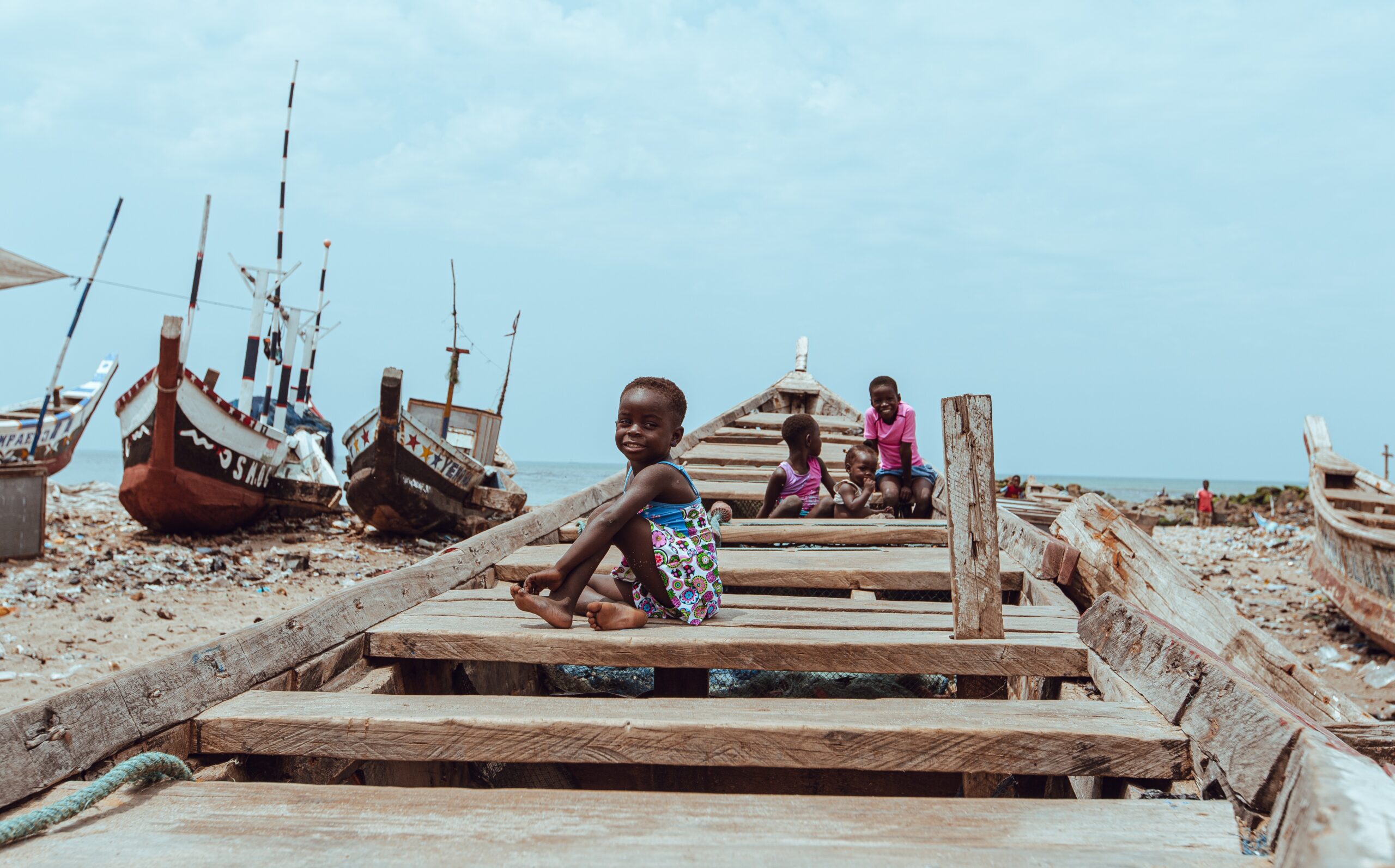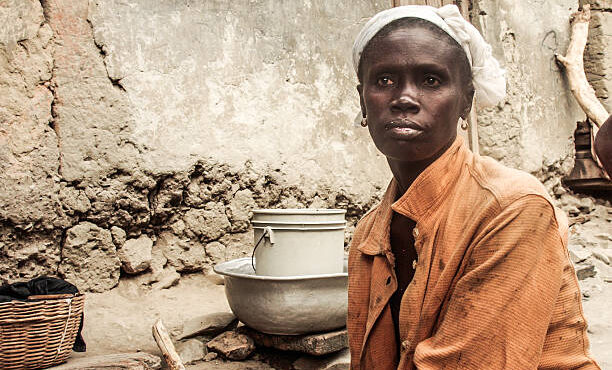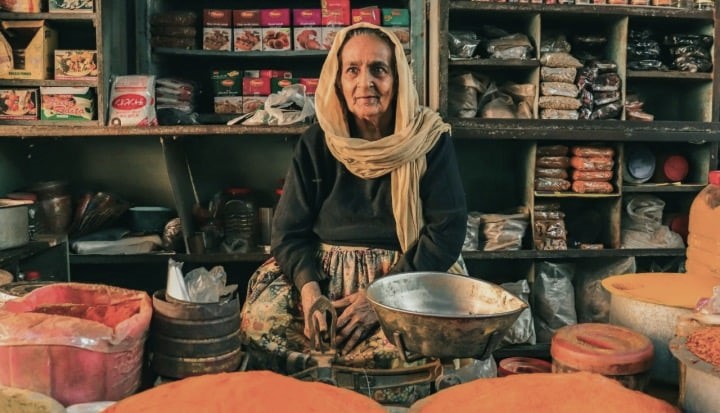Our Pilot Programs
Wisconsin Microfinance continues to search for new opportunities to provide microfinance in the areas that need it most. We understand that the places in the world with the greatest need are the places we can make the biggest impact. As we identify new opportunities to create sustainable microfinance programs, Wisconsin Microfinance will partner with organizations in those places to test whether a microfinance program will be successful at achieving our goals. These “Pilot Programs” allow us to continue to expand our reach at a sustainable pace, and make ourselves available to seek out new opportunities for lifting people out of poverty.


